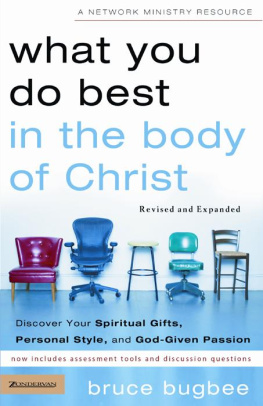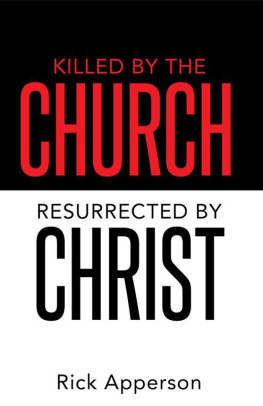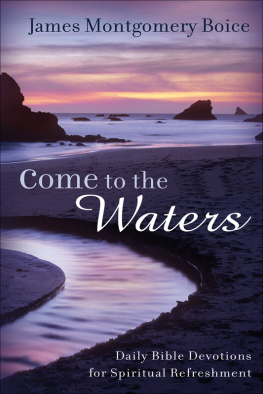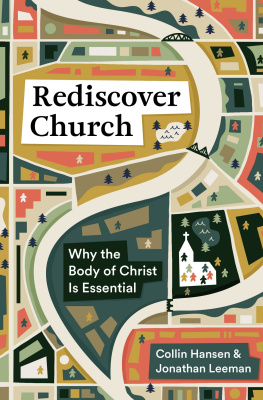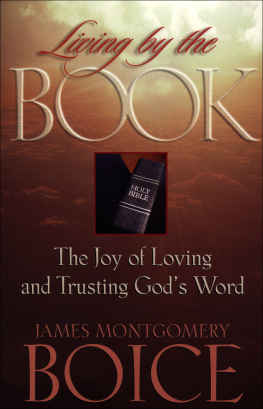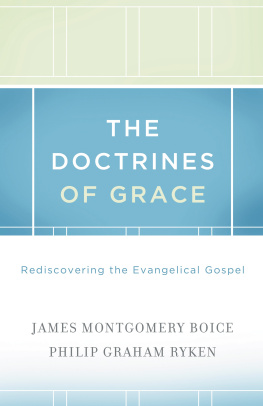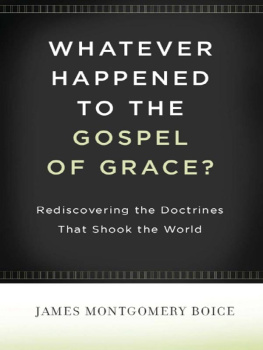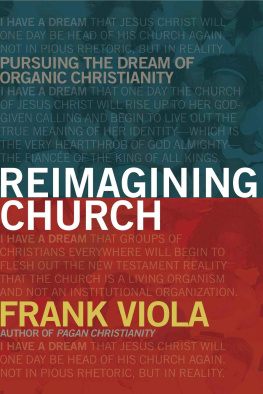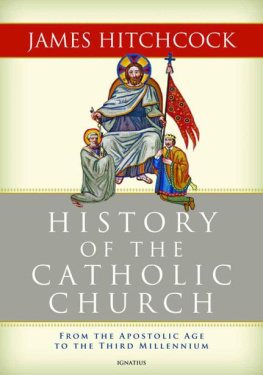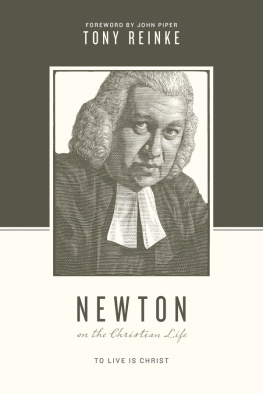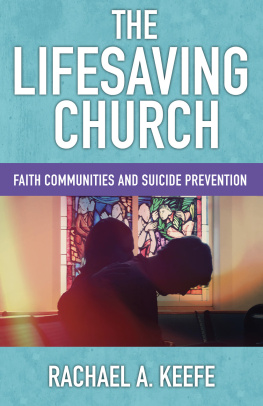
I n the last twenty years something terrible has happened to Americans. They no longer relate to other people or care about themat least not very much. Instead the majority focus on themselves and deal with others only for what they can get out of them.
In 1981 a sociologist-pollster, Daniel Yankelovich, published a study of the 1970s titled New Rules: Searching for Self-Fulfillment in a World Turned Upside Down. This book documented a tidal shift in values by which many and eventually most Americans began to seek personal self-fulfillment as the ultimate goal in life rather than operating on the principle that we are here to serve and even sacrifice for others, as Americans for the most part had done previously. Yankelovich found that by the late 1970s, 72 percent of Americans spent much time thinking about themselves and their inner lives. So pervasive was this change that as early as 1976 Tom Wolfe called the seventies the Me Decade and compared it to a third religious awakening.
Some awakening! More like the death of community!
In his best-selling book The Greening of America, Charles Reich wrote, Modern living has obliterated place, locality and neighborhood, and given us the anonymous separateness of our existence. The family, the most basic social system, has been ruthlessly stripped to its functional essentials. Friendship has been coated over with a layer of impenetrable artificiality as men strive to live roles designed for them. Protocol, competition, hostility and fear have replaced the warmth of the circle of affection which might sustain man against a hostile environment. He said that America [has become] one vast, terrifying anti-community
It wasn't meant to be this way, of course. At the very beginning of human history, God created a woman for the man, saying, It is not good for the man to be alone (Genesis 2:18 NASB). Then, two thousand years ago in Palestine Jesus Christ said, I will build My church (Matthew 16:18). He did not come merely to call individuals to salvation. He came to build a church. Christians are created to be that church and community.
Don Whitney understands this well and is disturbed at how our present sad individualism has impacted the church and people's view of it. He pastored Glenfield Baptist Church in Glen Ellyn, Illinois, for more than fourteen years and knows the questions that even Christian people ask: Why go to church? Why join a particular church? What can I gain by the church's services or ceremonies? By baptism or even preaching? Why should I give money to the church? Can't I do just fine by myself? As a woman named Sheila once said to Robert Bellah, author of Habits of the Heart, I have my own religion. I call it Sheilaism, just my own little voice.
It is these questions that Whitney answers in this volume, and the answers he gives are ones I heartily recommend to you. They are easy to read, but they commend a good reading and thoughtful reflection too.
Maybe they will be heard and followed and we can get back to the strong kind of church described for us in the book of Acts. We read there that the early Christians devoted themselves to the apostles' teaching and to the fellowship, to the breaking of bread and to prayer. Every day they continued to meet together in the temple courts. They broke bread in their homes and ate together with glad and sincere hearts, praising God and enjoying the favor of all the people (Acts 2:42, 4647 NASB).
This was truly an example of the new humanity, the very thing the world needed then and desperately needs again. No wonder the chapter concludes by noting, And the Lord added to their number daily those who were being saved (v. 47 NASB). God blesses when those who are called by His name obey Him.
JAMES MONTGOMERY BOICE

I love baseball. In the baseball-filled summers of my youth I enjoyed nothing more than swinging a slender cylinder of white ash (these were the days just before the advent of aluminum bats) and trying to crack a fastball off the brick of the old school building in deep centerfield at Hale Field in Osceola, Arkansas. When I was standing at the plate and the pitcher wound up and threw one belt-high, no one could swing the bat for me. And yet, in another sense, I was there as part of a team.
As I sat hour after hour at the computer, no one could write this book for me. And yet, there was a team of people supporting me in my writing, and without them you wouldn't be reading these words now. On this page I want to thank them publicly.
Thanks, Jim Bell, for contacting me and for believing in the need for this book. I hope you enjoy the Stan Musial picture. Thanks to Cheryl Dunlop, and to all at Moody Press for your patience for all the time-outs that made this a very long at-bat.
Thanks, Glenfield Baptist Church in Glen Ellyn, Illinois. Tears fill my eyes as I type these words and think of you. What a wonderful fourteen-and-a-half years we had together. So much of this book is from you and for you. Thanks for all the prayers and loving encouragement to help me to finish this book.
Thanks, new colleagues at Midwestern Baptist Theological Seminary in Kansas City, Missouri. You have stimulated me in so many ways during the final six months of this project. Thanks for listening, advising, and cheering me on.


